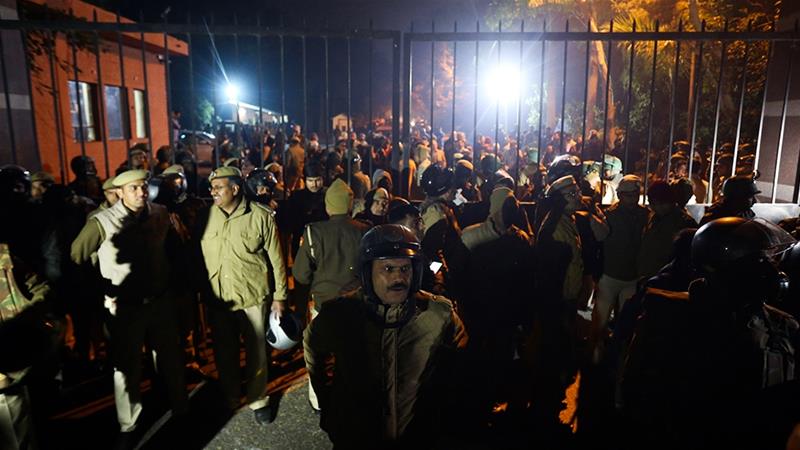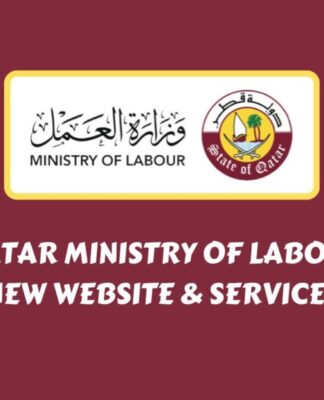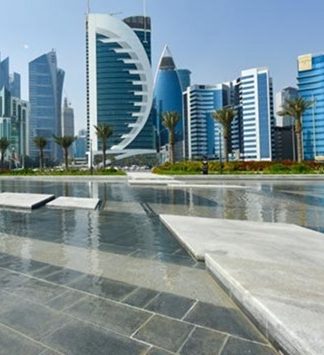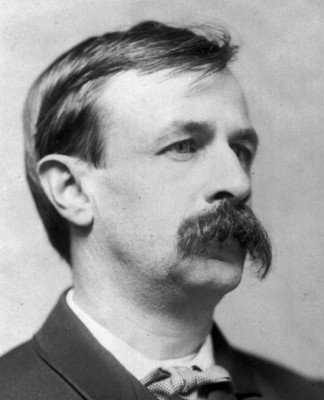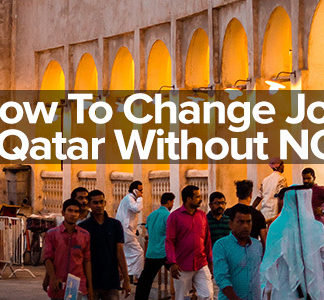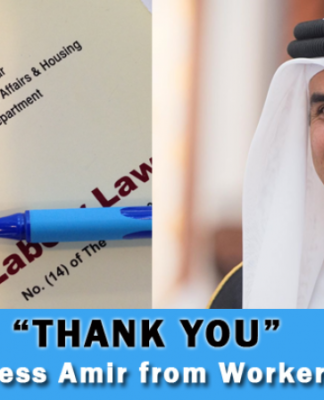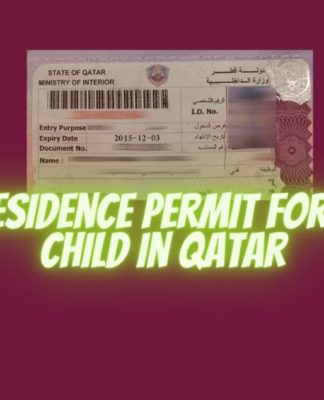Many students and teachers have been injured after they were allegedly attacked by members of right-wing students’ group in New Delhi’s Jawaharlal Nehru University (JNU) on Sunday.
Witnesses said violence followed a public meeting organised by the JNU Teachers Association in connection with a rise in hostel charges for the students announced some weeks ago.
More:
The JNU Students Union, led by left-wing groups, said its president, Aishe Ghosh, and many other students were injured in stone-pelting and attacks by members of right-wing students’ group Akhil Bharatiya
Vidyarthi Parishad (ABVP).
But ABVP, which is linked to the ruling Hindu nationalist Bharatiya Janata Party (BJP), alleged that its members were attacked by left-wing student groups.
Videos on social media appeared to show a group of several masked attackers roaming the campus wielding batons as students screamed.
This is New Delhi- Capital of India.
Masked goons roaming freely with sticks and Police did NOTHING to stop them.
This attack against JNU students looks pre-planned. #JNUAttack #SOSJNU #JNUViolence #JNUProtests pic.twitter.com/aVk4Pl9xoN
— Md Asif Khan آصِف (@imMAK02) January 5, 2020
News channels also showed groups of masked people said to be from outside the campus – which student bodies blamed on each other’s factions – brandishing rods and sticks, singling out students and teachers and vandalising property.
“When the violent mob began beating up students and teachers, we went closer to the aid of those injured and to also know what was happening, but they attacked us as well. We had to literally run for our lives,” one student, who wished to remain anonymous, told Al Jazeera.
‘Environment of fear’
Another student, who also did not wish to be named, said: “There was such an environment of fear. They were not asking about anything but were beating up everyone and chasing us.”
“Students were forced to lock their doors and female students switched off the lights of their rooms in order to escape the violent mob,” she added.
Local media reported that 20 to 30 people were injured.
An official at the All India Institute of Medical Sciences (AIIMS) in Delhi said most of the injured at the hospital were undergoing treatment for “lacerations, cuts and bruises”.
Senior police officer Anand Mohan said the police entered the campus at the request of the administration and the “situation was under control”.
Lieutenant Governor of Delhi Anil Baijal said he had directed police to maintain law and order and take action against perpetrators of violence.
I am so shocked to know abt the violence at JNU. Students attacked brutally. Police shud immediately stop violence and restore peace. How will the country progress if our students will not be safe inside univ campus?
— Arvind Kejriwal (@ArvindKejriwal) January 5, 2020
Sitaram Yechury, general secretary of the Communist Party of India, called the attack a “collusion” between the JNU administration and “goons” of a student group linked to BJP.
The ruling BJP distanced itself from the incident. “This is a desperate attempt by forces of anarchy, who are determined to use students as cannon fodder, (to) create unrest to shore up their shrinking political footprint. Universities should remain places of learning and education,” the BJP said on Twitter.
Delhi police asked to investigate
Yogendra Yadav, an activist and a JNU alumni, rushed to the campus after reports of the attack but said he was not allowed to go in.
“For the last few years, there has been an intellectual attack on JNU which is one of the prominent universities in India,” Yadav told Al Jazeera at the gates of the university.
“What we see today is possibly the culmination of what has been happening for the past few years. Earlier there was an intellectual destruction of JNU, now we are looking at the physical destruction of JNU.”
The prestigious university counts top Indian politicians including Foreign Minister Subrahmanyam Jaishankar, Finance Minister Nirmala Sitharaman and this year’s Nobel economics prize winner Abhijit Banerjee among its alumni.
Jaishankar took to Twitter to condemn the violence, saying, “This is completely against the tradition and culture of the university.”
The security presence was increased throughout the campus as India’s home minister, Amit Shah, called on Delhi police to investigate.
The incident is the latest in a series of violent clashes that have killed at least two dozen people amid protests over a controversial new citizenship law Prime Minister Narendra Modi’s government passed in December.
The law allows New Delhi to grant expedited citizenship to minorities from three neighbouring Muslim countries who entered India by December 31, 2014, but critics say it marginalises Muslims in the country as part of Modi’s larger Hindu nationalist agenda.
Additional reporting by Bilal Kuchay in New Delhi
SOURCE: Aljazeera.com














